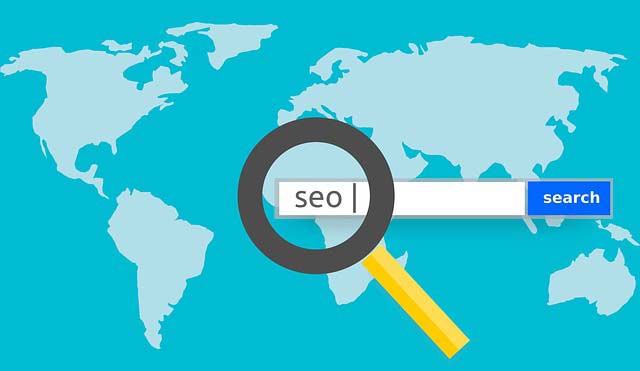
SEO and Searcher Intent – What’s the Connection?
February 28, 2019
What to Expect from a Real SEO Expert
March 31, 2019If you are planning to open a small business, make sure that you include SEO in your overall marketing strategy. An effective SEO campaign can level the playing field, enabling you to compete with bigger or more established companies.
Admittedly though, optimising a website is not as easy as 1-2-3. This is one of the reasons why some business owners choose not to dabble in SEO. The thing is that there are SEO specialists who can design strategies to make your site rank well on search engine results pages (SERPs). Hence, there’s really no need for you to concern yourself with the technicalities and master the principles. However, this doesn’t mean that it is okay to have zero knowledge about SEO. It’s still best if you have a basic understanding of what it is and how it is done. This way you won’t get lost when talking to your SEO specialist.
Below is a helpful SEO guide for small business owners like you. Read on to familiarise yourself with some key SEO principles.
Local SEO
One of the biggest concerns of small business owners is how to compete with huge companies that have deeper pockets and a wider reach. So, it’s important that you choose your battles wisely and not waste time and effort. One of the more strategic techniques is to focus on local SEO.
Local SEO makes you more visible to potential customers who are in the same area as your business or shop. This is because the search results would be based on your location and the location of the potential customers.
How do you get started with local SEO? You can begin by signing up for Google My Business (GMB) or claiming your page if it is already out there. Next, develop your GMB page – provide as much information as you can about your company and post pictures. Make sure that you place the right information. Furthermore, see to it that details you place here is the same as those on other online directories and your website.
Link-building
Link-building is still an integral part of SEO. However, link-building is tricky even for experienced SEO providers. What is link-building? It is when another website creates a link to your own website. For example, a food website created a review on restaurants and included yours with a link to your own website.
However, not all links are valued the same. Some links are more relevant than others. The key to a strong link is for a more relevant site (i.e., high-traffic websites and those with .org and .edu domains) to link to yours. The chances of your link getting clicked is higher if it appears on these sites.
Meanwhile, if your objective is for people in your community to be aware of your company, you can try building links to local establishments, newspapers, local directories, etc.
For this task, ensure that the link is active and not a dead one. More importantly, the page’s content should be useful to the user.
User Intent
The most significant SEO technique being used today is understanding user intent. You don’t simply create a page for the sake of showcasing your business or product. The page should have valuable content, one that provides the answers the searcher is looking for. You can only do this if you understand the intent behind a search query.
People have various reasons for typing in a specific keyword. Some users make queries to learn. Hence, they want content-rich or informative pages. There are also those whose intention is to buy a product. These users are looking for product pages, one that features the thing that they want to purchase.
It can really be challenging to decipher the true intent behind a query, but it is not impossible. Simply checking out search results for a query would give you an idea what kind of content is needed. Furthermore, certain words can give you an idea about the user’s intent. For example, searchers with “how to” queries are usually looking for informative content. Hence, blog posts often dominate the search results. Meanwhile, when the words “buy” or “price” is present, the user’s intent is usually to purchase. This is why product pages dominate SERPs for this type of searches.
Basically, nowadays, providing the best content for a specific query is essential to rank high on SERPs. This can only happen if you integrate user intent into your SEO and content strategy.
Looking for an SEO guide for small businesses? Visit our website or call us at 019609023 to learn more about how you can leverage SEO to grow your business!




